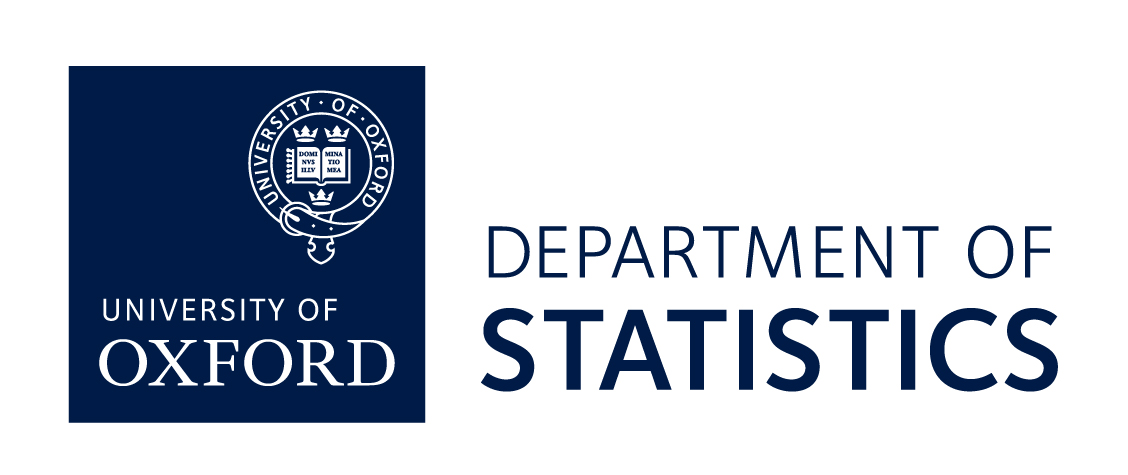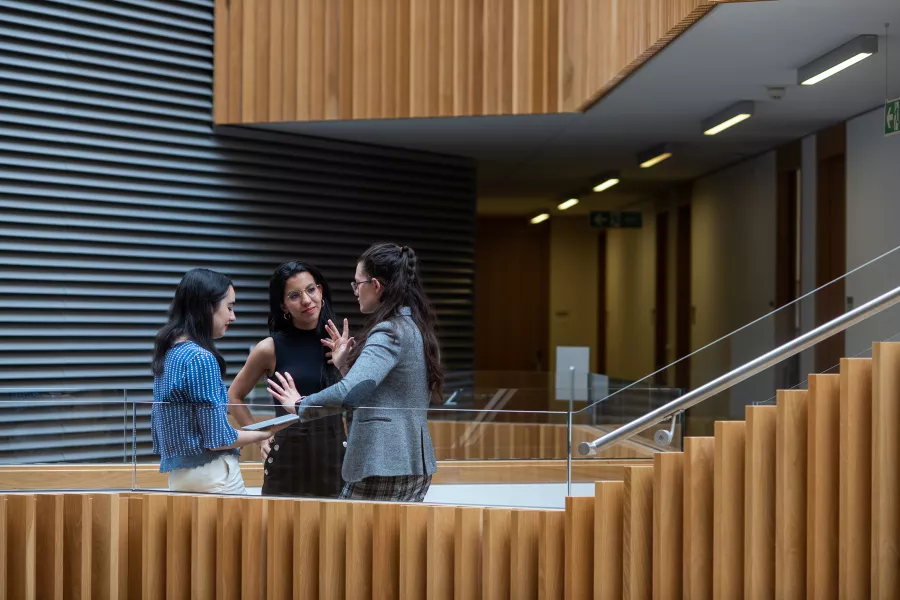Oxford partners with the Optiver Foundation to launch new international postgraduate scholarship programme for women in STEM
A new scholarship programme at Oxford will increase the number of women from low- and middle-income countries who take up offers to study science, technology, engineering and mathematics (STEM) subjects at postgraduate level. The programme, which will provide support for 30 taught master’s students over a period of five years, has been made possible by a donation from the Optiver Foundation.



